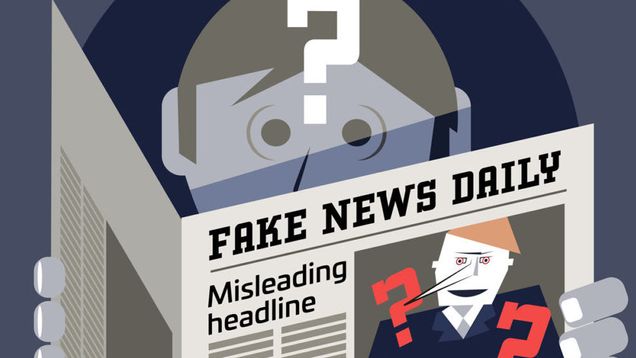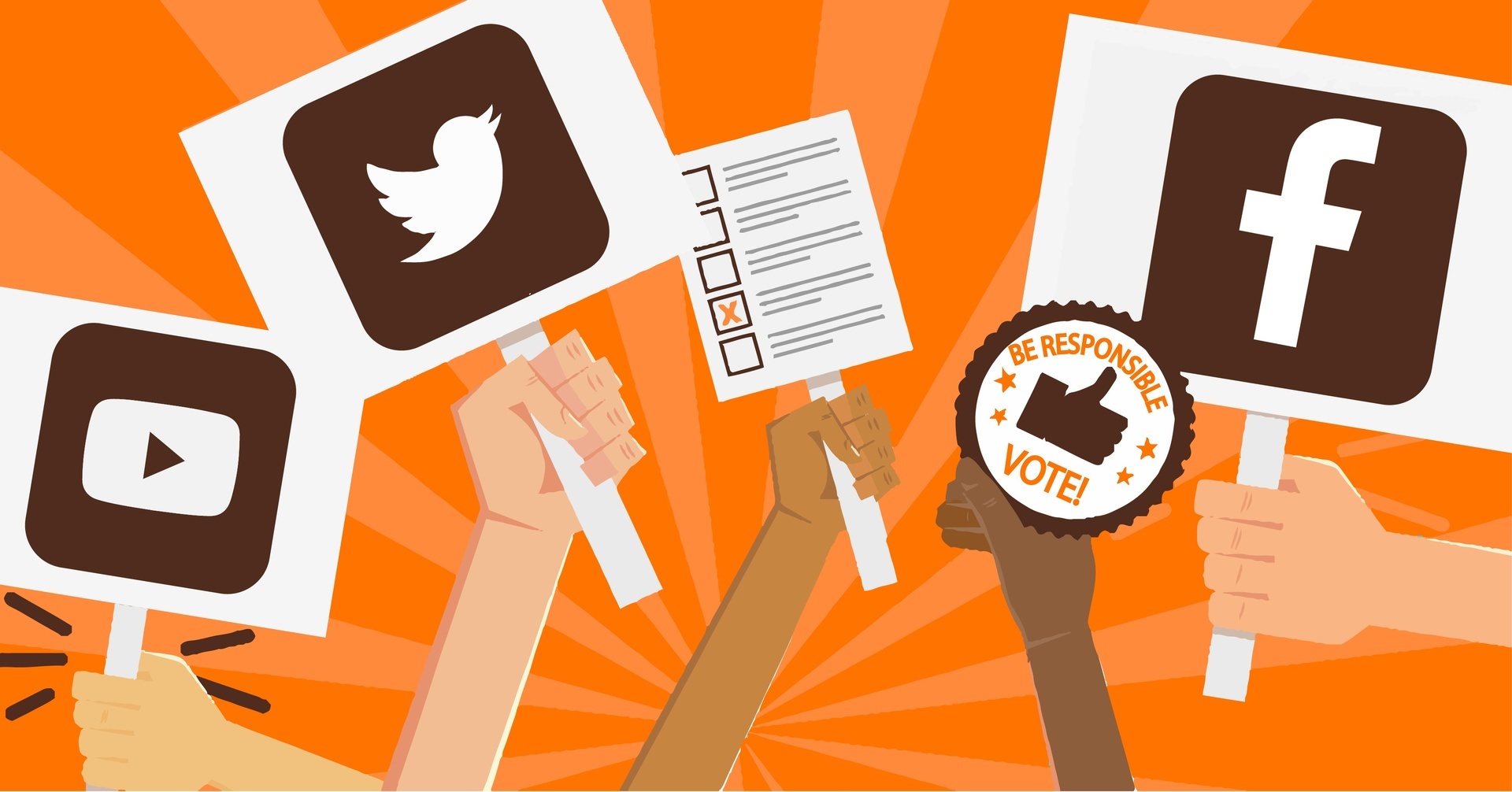Apr
2022
Politics in Media
Over the past couple of years, the media has become more political. From news channels having a bias and tv shows including political lessons. It has become apparent that political issues follow us everywhere.
In this post, I want to discuss why politics has become such a major component of the media. Prior to the internet, politics and political opinions were not as accessible as it is now. Politics would be something that was read in newspapers, heard over the radio, and hardly talked about in public. Furthermore, celebrities were not as outspoken about political issues as they are today.
Today, you hear about politics everywhere. From the moment you go on your phone to casual conversations with friends and family. Everyone seems to be politically involved and wants their opinions heard. According to Pew Research, “Overall, a large majority (67%) reports having engaged in at least one of these activities in the past five years; nearly half (46%) say they have done so in the past year alone.” This is a significant increase compared to previous years and elections. Politics have increasingly become a major component of American society. On election day, school is canceled and the facilities are used for voting.
Democracy and politics are ingrained in our culture and is spread the media. The media has contributed to an influx of political participation and political opinions.”Much of the past decade’s research on social media has shown a positive relationship between offline and online political participation (Boulianne, 2015; Skoric, Zhu, Goh, & Pang, 2016)”. With this increase a lot of media platforms have emphasized specific biases to attract a certain audience to their pages. The issue with this is that people are having their opinions validated and become more invested in their opinions.
Although the media increases participation, it is also the ground for political battles and it provides false information. We recently saw social media platforms like Instagram, Snapchat, Twitter, and TikTok become major components for the election and political media. Although these platforms are great for campaigns and quick facts, they are not in-depth scholarly articles. Therefore, many people are reading falsified information or form an opinion without adequate information. 
The media can serve many important functions and can enhance political participation. However, we should still be aware about the information we read before engaging in political conversations. In this era of media, there is much controversy. In order to change this, we must make informed political decisions.
Image sources: Boston University